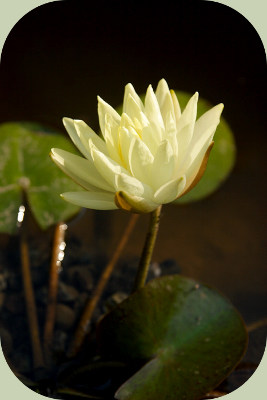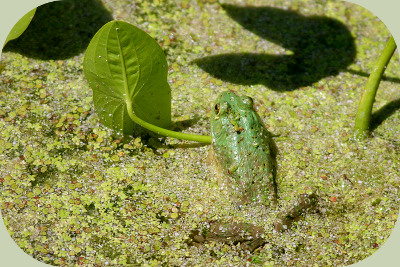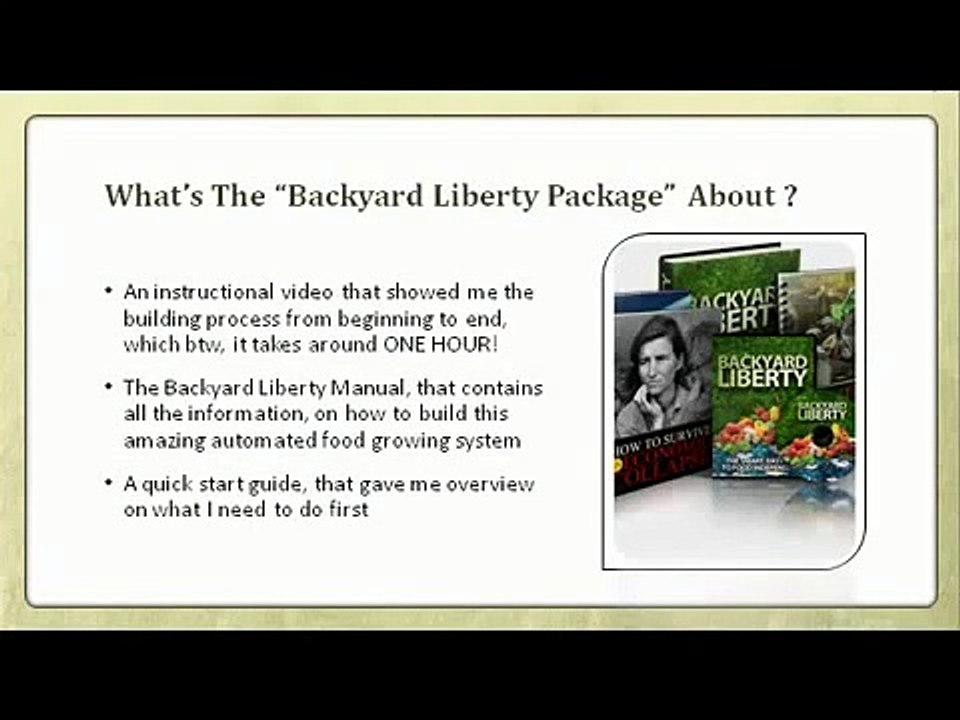There are many benefits of small backyard ponds for both people and the environment. Freshwater habitats of all kinds are currently experiencing a great decline through direct destruction, pollution and alteration. From the stand point of conservation and permaculture, building a pond is immensely useful and beneficial.
Benefiting Wildlife
Small ponds are incredibly useful to a wide variety of wildlife, including insects, spiders, crustaceans, amphibians, reptiles, fish, birds and mammals. Even very small ponds, such as those no more than a meter squared can still provide considerable value to many small animals.
Many amphibian species have shown dramatic declines around the world in the past several decades. Providing your local pond dwelling species of amphibians with a pond full of clean water for breeding sites and as a home, is one way to truly help make a difference for local wildlife.

Small backyard ponds that benefit wildlife often include some of the following components:
- A shallow portion for bathing/wading birds and migrating amphibians.
- A complex pond edge that includes plants growing along the edge, partially submerged and if possible, some plants that are completely submerged. These provide shade, food and cover for a wide diversity of pond life.
- Large rocks, pieces of bark, branches of wood along and near the pond’s edge for cover for small animals.
- Include some plants that are native to your area, in and around your pond, as these often provide the best sources of food and cover for native wildlife.
Permaculture Potential: Food
Ponds are an excellent asset to those who wish to practice permaculture, even on a tiny scale. Even a small pond can help create a more ideal microclimate for growing many plants as they help to moderate the temperatures and add moisture. Also, many edible plants can be grown in small backyard ponds. Just a few of the edible species are:
- Wapato – food for people and livestock, beneficial insect attractor
- Wild Rice – food for people and livestock
- Cattail – food, materials for crafts, water filtration, cover for small/young fish
- Lotus- food for people, cover for fish, beneficial insect attractor
- Pond Lily – food for people and livestock, cover for fish, beneficial insect attractor

Permaculture Potential: Water Storage
Among the many utilitarian uses, a small backyard pond can provide water storage. Having clean freshwater available in case of emergency can help bring peace of mind. If done thoughtfully, the construction of a small pond can be a way of dealing with soggy spots or rain runoff in a backyard.
The presence of the water can help create a microclimate in your garden that can be beneficial to plants growing nearby and can help keep your yard more moderate during those hot summer days. A small pond can also be a source of water for small scale urban permaculture practices and can be used to water plants in your yard, whether they are decorative roses or vegetables.

Educational Value and Enjoyment of Small Backyard Ponds
Small ponds can be things of great beauty and wonder. A pond can really add to the appeal and look of a backyard. It can also provide a great opportunity for interaction with and education about the natural world, both for children and adults alike. Even a very small pond is a rich habitat for a wide assortment of life forms. Such a micro-habitat can act as an outdoor classroom for those interested in learning more about the natural world and relationships with it.
Life and death, reproduction and birth, daily dramas of predation and evasion can be observed in even bucket-sized backyard ponds. The magic of watching dragonfly nymphs and amphibians tadpoles grow and transform can positively impact children for a lifetime and even inspire a new generation of naturalists.
source : Filip Tkaczyk



